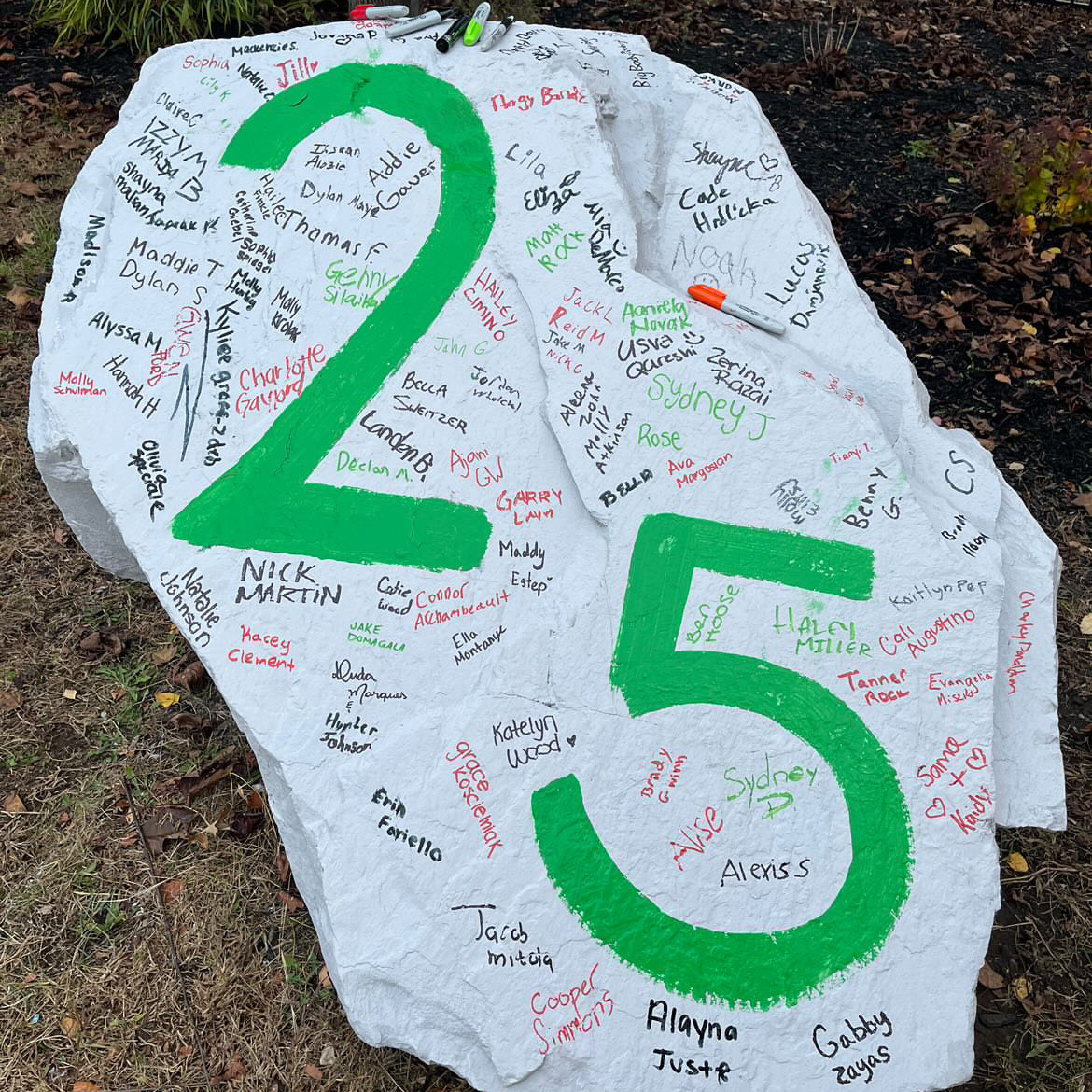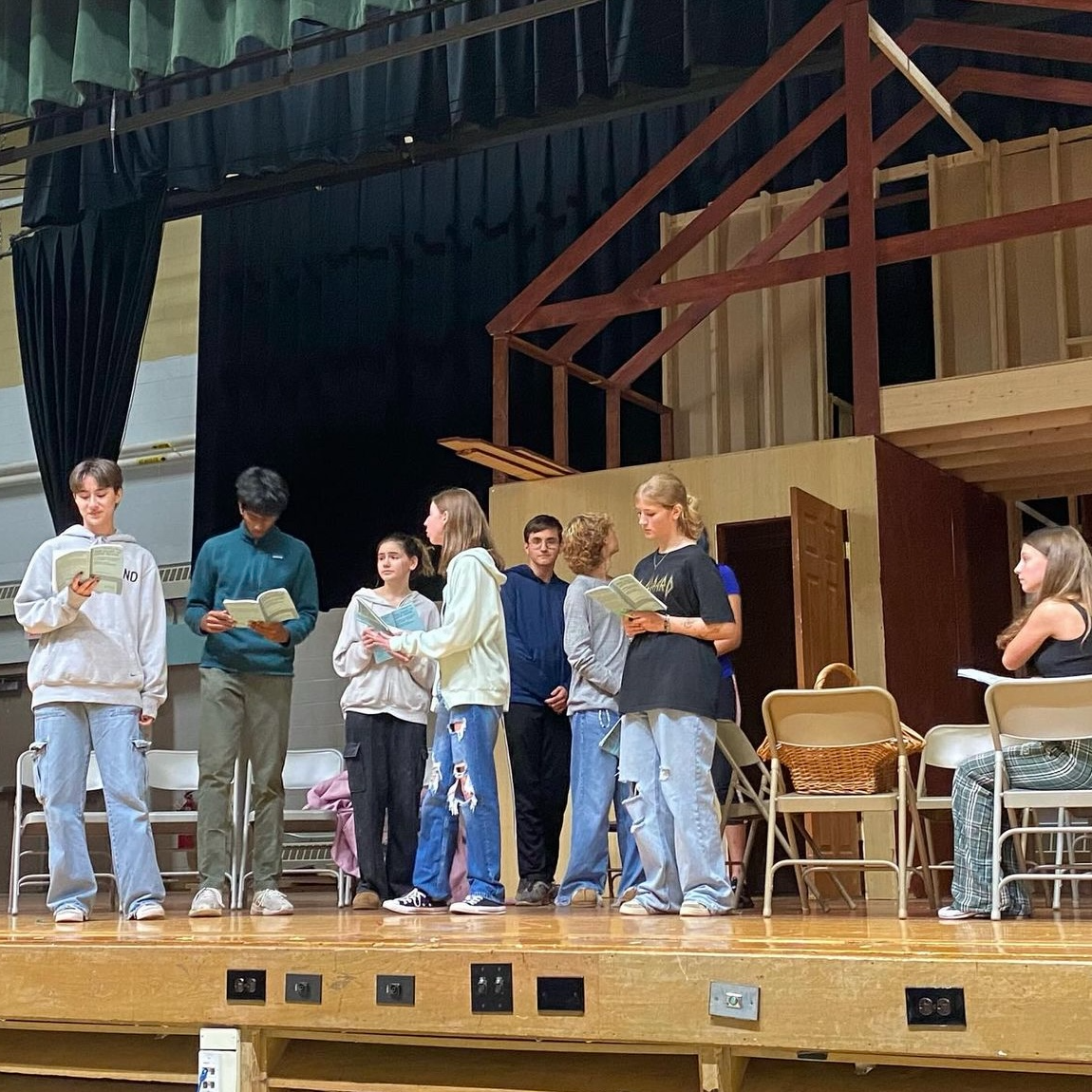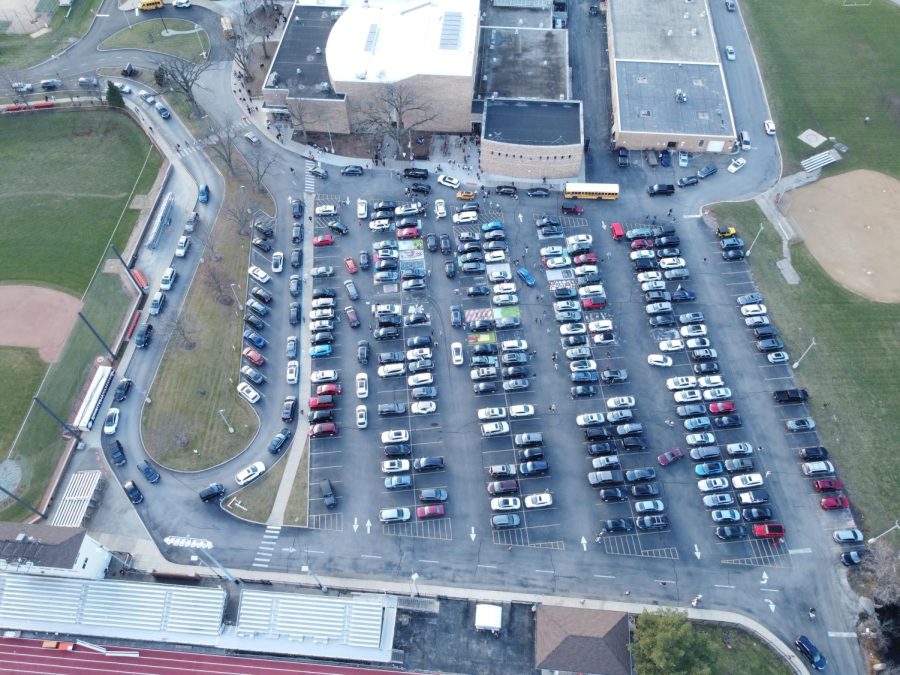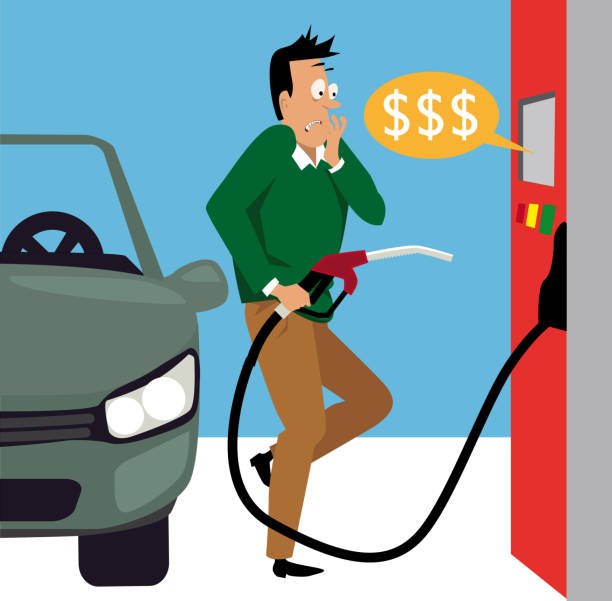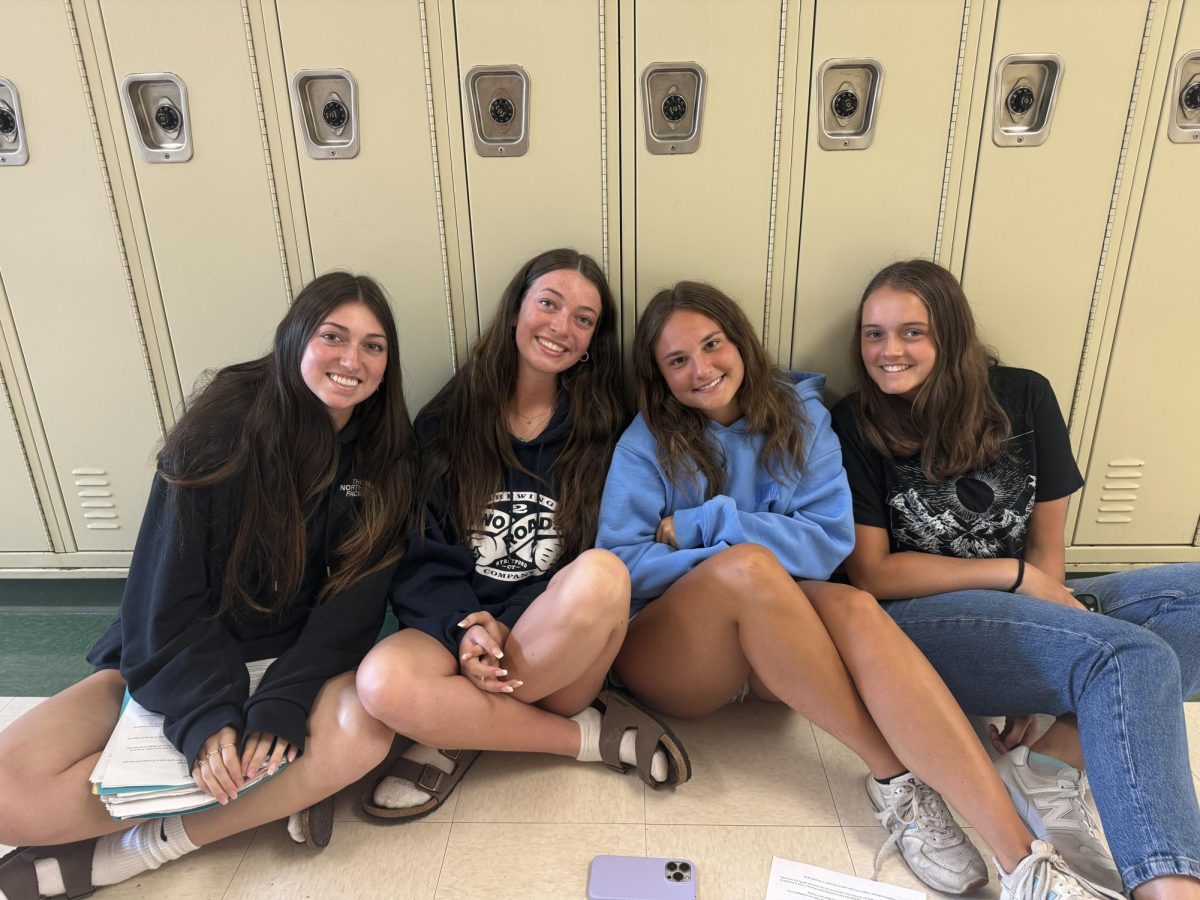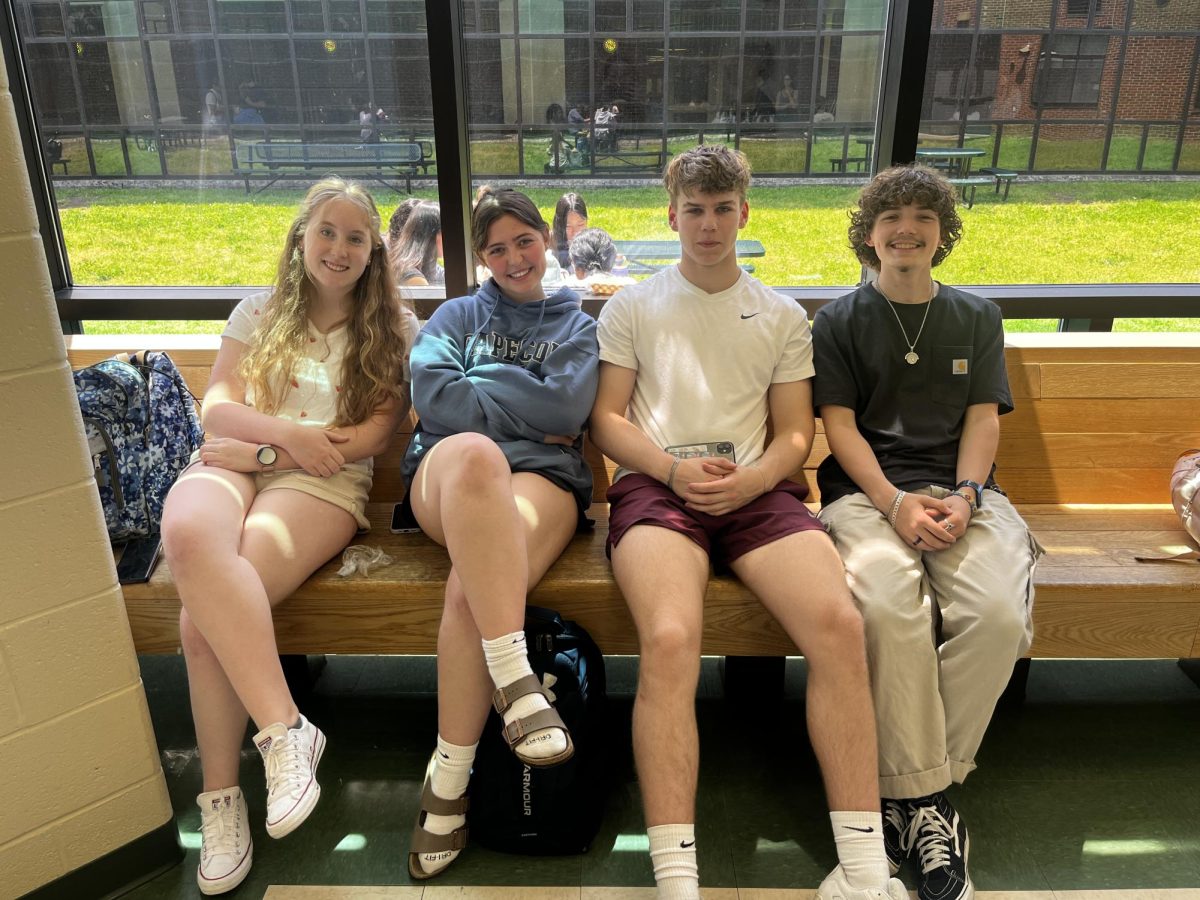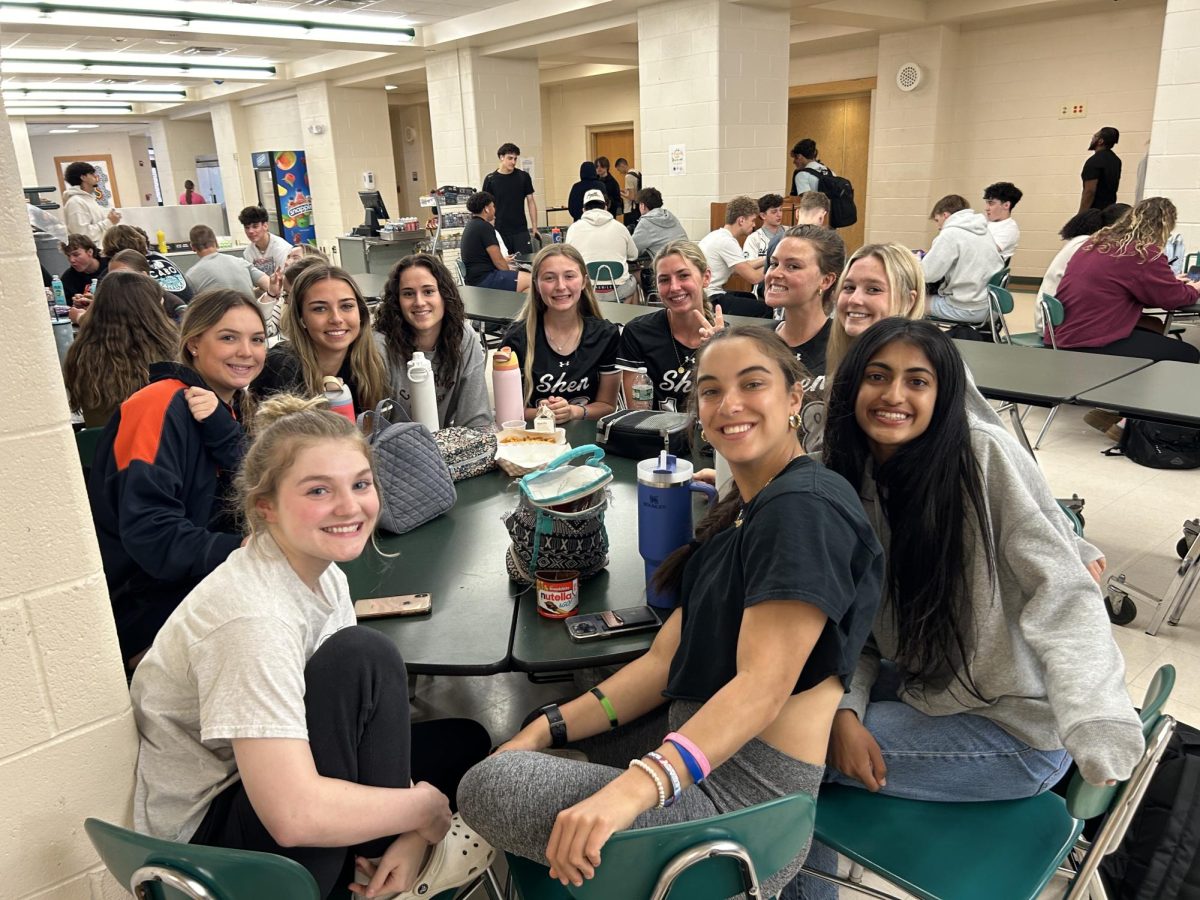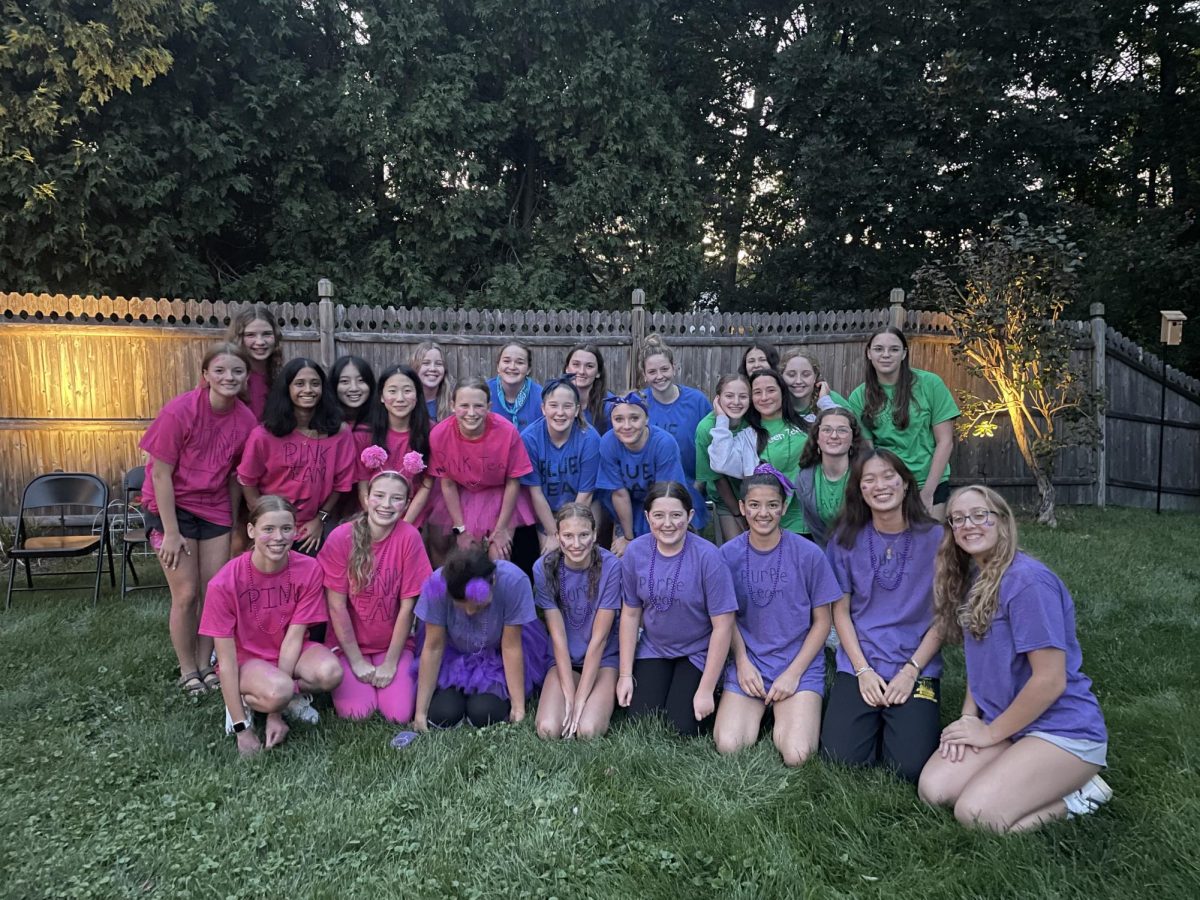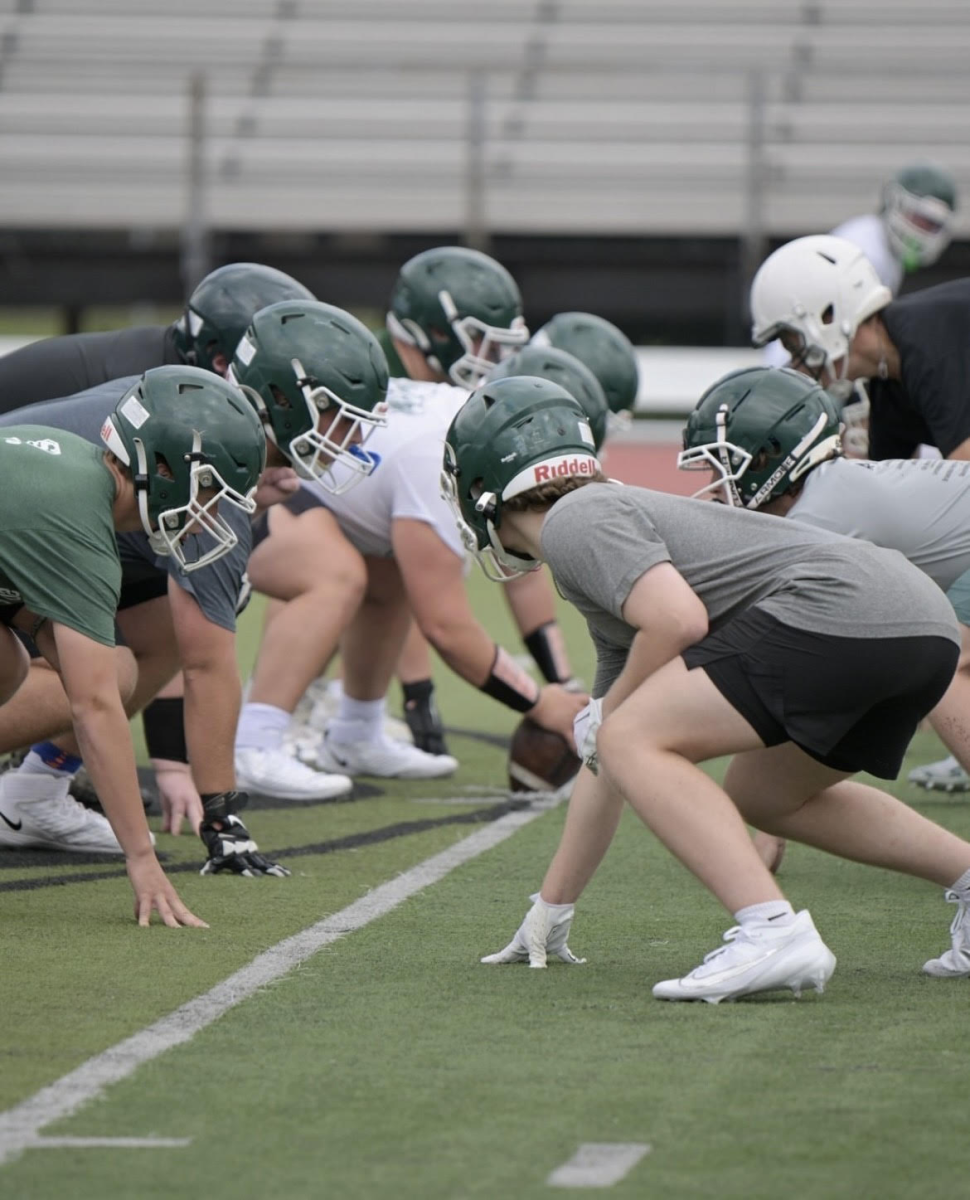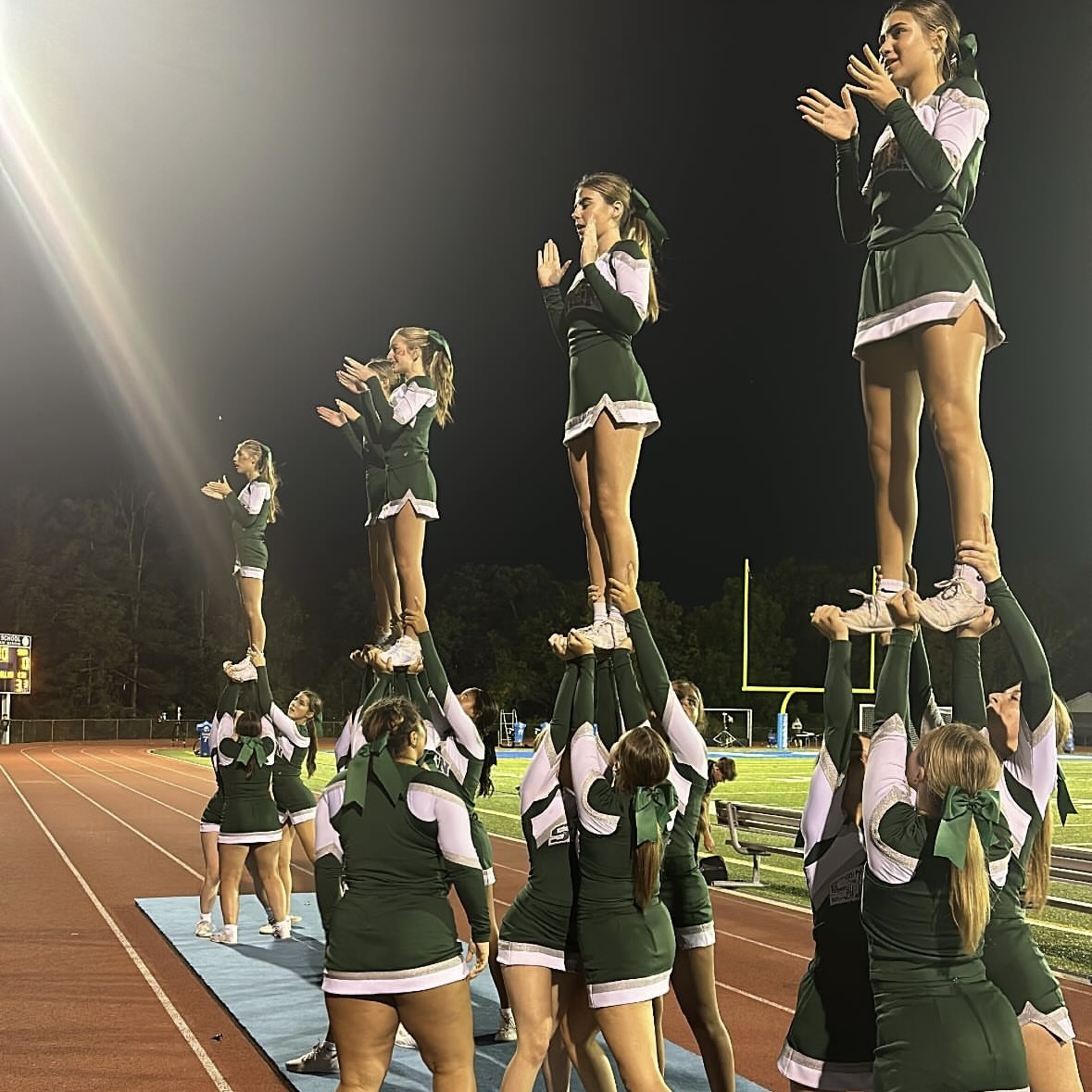Changing the World One Hand At A Time
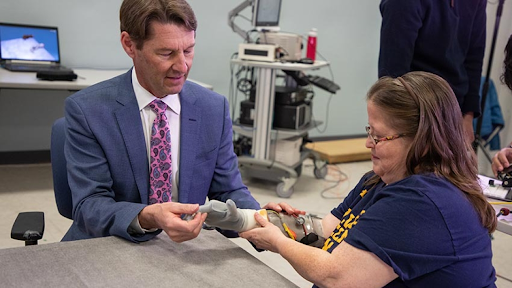
May 4, 2023
With a mixture of 75% potassium nitrate, 15% charcoal, and 10% sulfur, you have your basic firework. The mixture was discovered by an ancient Chinese alchemist over a thousand years ago. The combustion reaction when lit produces a large amount of energy and gas resulting in an explosion; an explosion strong enough to take your arm off.
Joe Hamilton, a study patient at University of Michigan, lost his arm during a firework accident in 2013. Learning to live without a hand was tough and without a doubt, it surely had its challenges. Not only having to learn to live life in a completely new way, amputees may also feel a horrible sensation called phantom limb pain. This means that Joe could have felt pain in his arm that was no longer there. The pain is real as the phantom part of the name refers to the location of the limb.
One of the earliest references made to prosthetics came about in 1579 with a book coming out of France. A French surgeon published his complete works which ended up describing him fitting some of his amputee patients with artificial limbs.
Since then, thousands of breakthroughs and discoveries with prosthetics have been made. Luckily, Joe got to be one of the patients on some of the newest technology to come about in the field. Scientists have been able to make a prosthetic where patients are able to control it with brain signals and nerve endings.
The researchers developed a process where they are able to tame temperamental nerve endings and separate thick nerve bundles into smaller fibers, which they are then able to precisely control and amplify the signals that are coming through those nerves. This allows the patient to use a prosthetic hand the same way they would be able to if the limb was still intact.
“It’s like you have a hand again,” said Joe. “You can pretty much do anything you can do with a real hand with that hand. It brings you back to a sense of normalcy.” Although the study patients are not yet allowed to take the hand home, during a test in the lab they were able to pick up blocks in a pinching motion, continuously move their thumbs in a repetitive motion, and even play Rock, Paper, Scissors.
Philip Vu, a research fellow in biomedical engineering believes that these breakthroughs could jumpstart others to try and make more improvements along with this one. “…we’ve leapfrogged the capabilities of the prosthetic hands that are currently available. I think this is a strong motivation for further developments from prosthetic hand companies,” says Vu.
Prosthetic limbs like these are changing people’s lives in astronomical ways for the better. Ultimately innovations like this are going to give people in the same situation as Joe Hamilton a similar experience. Maybe someday they will be widely accessible and affordable for everybody, but for now, everyone seems to be satisfied with one breakthrough at a time.
